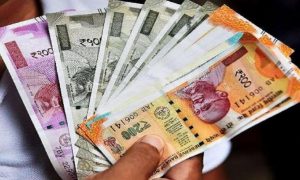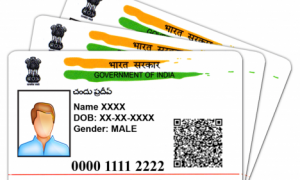- RBI is exploring the possibility as to whether there is a need for a digital version of fiat currency and in case there is, then how to operationalise it, RBI said
- The bank noted that rapid innovations in the payments sector have made central banks around the world to examine digital routes.
India’s central bank is exploring whether there’s a need to issue a digital version of the rupee in the country. “Private digital currencies have gained popularity in recent years,” the Reserve Bank of India (RBI) said in a booklet on payment systems in India, today. “In India, the regulators and governments have been sceptical about these currencies and are apprehensive about the associated risks. Nevertheless, RBI is exploring the possibility as to whether there is a need for a digital version of fiat currency and in case there is, then how to operationalise it,” it added.
While this shows that the RBI has joined the bandwagon of international governments considering digital currencies, it’s still early days. The booklet suggests that a digital version of the rupee is one of the many ways in which the RBI is considering to increase the adoption of digital payment systems in India. The booklet also mentions methods to make digital payments offline via mobile phones through “stored value component on cards”. This could open an entry way for companies like Apple, which have issued digital credit cards in the US.
For digital currencies, the bank said CBDC (Central Bank Digital Currencies) will be legal tender and a central bank liability in the digital form. “It is in the form of electronic currency, which can be converted or exchanged at par with similarly denominated cash and traditional central bank deposits,” the booklet states. The bank noted that rapid innovations in the payments sector have made central banks around the world to examine digital routes. It seems the RBI doesn’t want to be left behind either.
As the adoption of cryptocurrencies have grown worldwide, governments around the world have considered the possibility of issuing their own versions of digital currencies. Crypto enthusiasts often see this as an effort by central banks to retain control over their sovereign currencies. As the RBI mentioned in its booklet, CBDC will be controlled and regulated by the bank, unlike most cryptocurrencies, which aren’t in the hands of any authority.
“If it is completely controlled by the central authority like RBI, I don’t see the advantages of blockchain coming there. Cryptocurrencies are about trust established by people because of people. But when it comes to RBI, it is trust established because of the central authority,” said Sathvik Vishwanath, CEO and co-founder of cryptocurrency exchange Unocoin. He added that such a move will definitely help the goal of digitisation and may also bring some boost to the cryptocurrency industry in India.





































